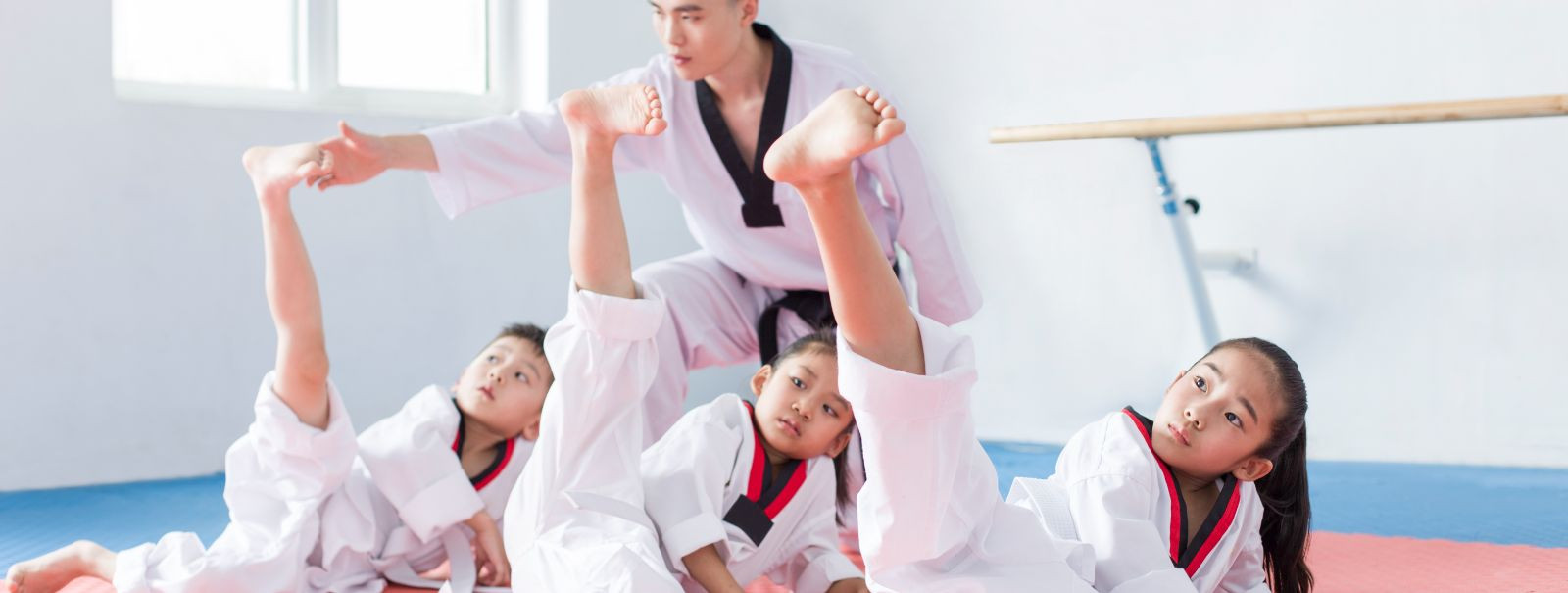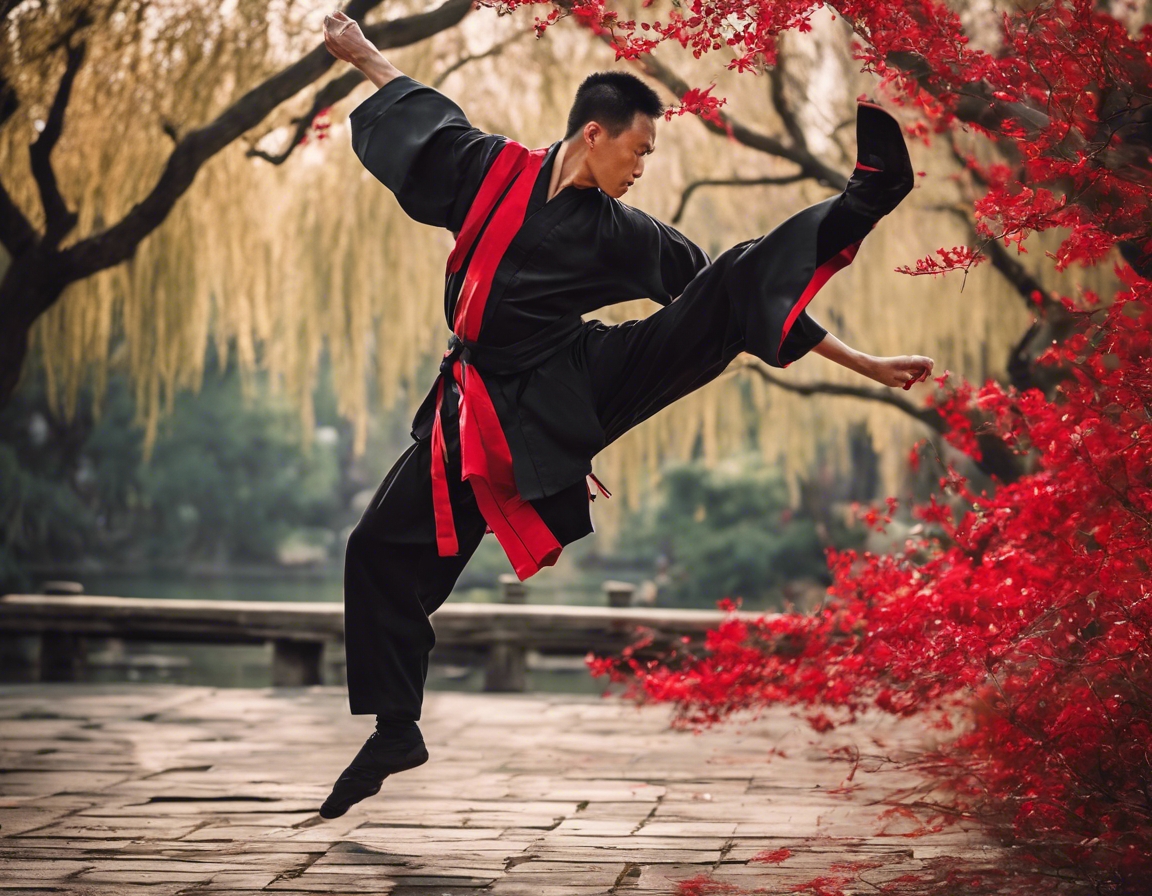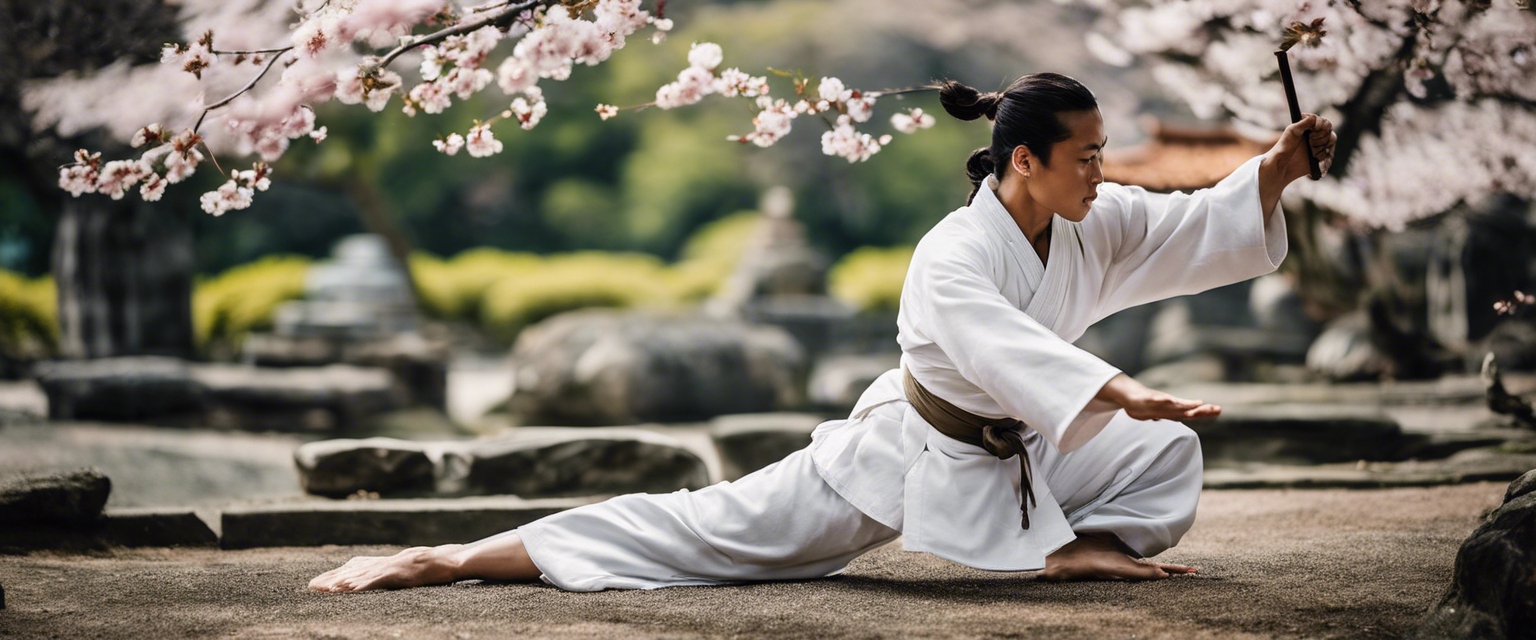5 ways martial arts can shape your child's future
Martial arts are more than just physical exercises; they are a journey of self-discovery and personal growth. For children, this journey can lay the foundation for a successful and fulfilling future. In this blog post, we will explore five ways in which martial arts can positively shape your child's future.
1. Instilling Discipline and Focus
Discipline is a core principle in martial arts. It is about more than just following instructions; it is about self-control and the ability to commit to a practice routine. This kind of discipline, when learned at a young age, can translate into better study habits, a stronger work ethic, and the ability to stay on task.
Focus is another critical skill that martial arts teach. In a world full of distractions, the ability to concentrate on a single task is invaluable. Martial arts training requires students to pay attention to detail and to be present in the moment, which can improve their academic performance and help them in future careers.
2. Boosting Self-Confidence and Self-Respect
As children progress in martial arts, they achieve new belts and levels of expertise. Each achievement is a confidence booster. This self-confidence can empower them to take on new challenges and believe in their abilities.
Martial arts are steeped in the tradition of respect—for oneself, for peers, and for teachers. This respect fosters a positive self-image and teaches children the importance of respecting others, a trait that is essential in all aspects of life.
3. Enhancing Physical Health and Coordination
Martial arts provide a full-body workout that improves cardiovascular health, strength, and flexibility. Regular practice can help children maintain a healthy weight and instill lifelong habits of physical fitness.
The various techniques practiced in martial arts require coordination and fine motor skills. As children learn and refine these techniques, they also improve their overall coordination, which can benefit them in other sports and physical activities.
4. Developing Social Skills and Teamwork
Martial arts classes provide a social setting where children interact with peers and learn to work together. This interaction helps them develop social skills and understand the value of community.
While martial arts may seem like an individual sport, there is a strong emphasis on teamwork and collaboration. Students often work in pairs or groups, learning to support and rely on each other, which is a vital skill for any future endeavor.
5. Encouraging a Growth Mindset and Perseverance
Martial arts training encourages a growth mindset—the belief that abilities can be developed through dedication and hard work. This mindset can help children approach challenges with the confidence that they can improve and succeed.
Finally, martial arts teach perseverance. Children learn that progress comes with practice and that setbacks are part of the learning process. This resilience can help them face future challenges with determination and grit.








Comments (0)